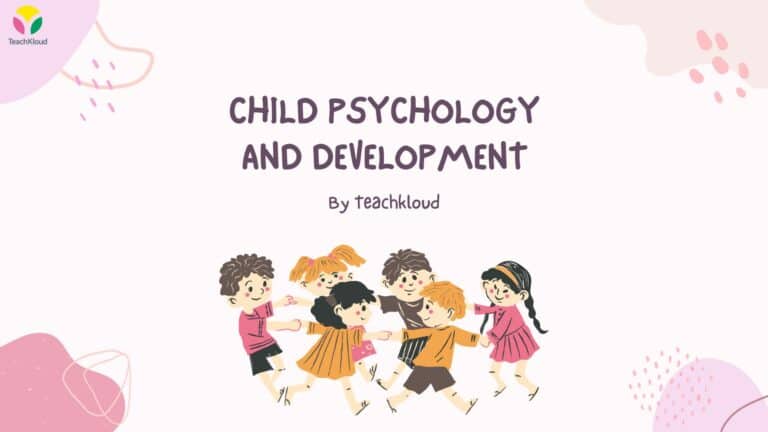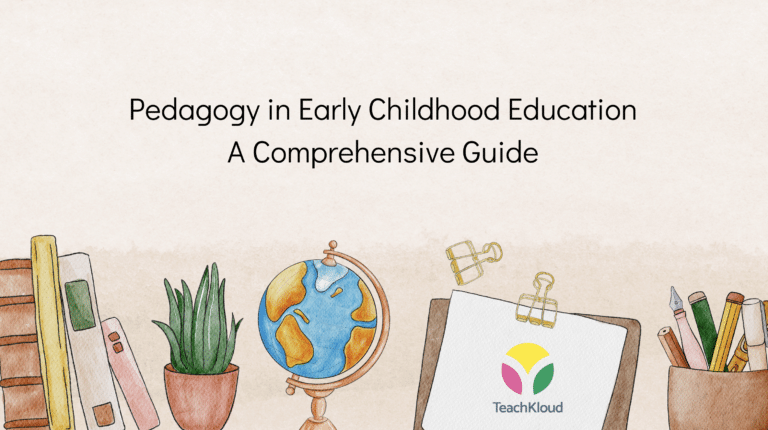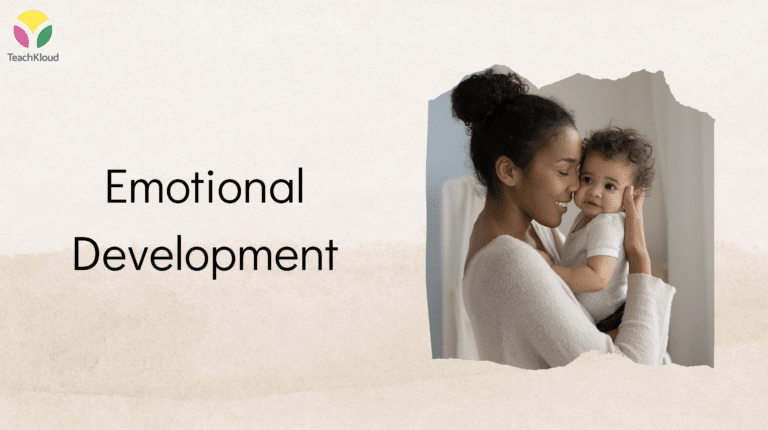“I just want to do what I love without all the red tape and stress” — Anonymous Teacher
Mary Bousted, general secretary of the Association of Teachers and Lecturers (ATL), says “this is the worst time for teacher recruitment since 2003 when I took up this post,” she says. “We know 50,000 teachers left last year, that’s 11% of the workforce, and we will have 300,000 more pupils in our schools by 2020. It’s largely due to the toxic mix of accountability pressures, curriculum and qualification reform, compounded by mixed messages from the government.”
Almost one in two preschool teachers plans to leave the early years sector in the next 5 years. There are many reasons why teachers leave the profession. These include huge expectations, over-regulation, lack of training and low wages. Some preschool educators are paid below minimum wage, even though wages are one of the biggest cost drivers for preschool owners. In general, the educational sector seems to be in need of reform! One in three secondary school teachers believes that they will leave the profession in the next 10 years because of low wages and huge workloads. One study reports that although teachers love the work that they do, they spend less than half their working week, educating children. The rest of the time they are preparing for class or catching up on administrative duties. The teaching profession used to be (and to an extent is still) viewed as a highly-valued profession. It attracted the best and for the most part, we celebrated our teachers, especially those who sowed the seeds of confidence, high self-esteem and supported children in reaching their full potential.
Many studies have shown that children who receive quality care and education at an early age are less likely to be involved in criminal activity and earn more on average than their peers who did not attend quality preschool settings. You might ask, what is a quality preschool programme? What does it look and feel like. Well, the Competent Children, Competent Learners Study in New Zealand (2016) found that a quality preschool programme normally includes early childhood teachers who are:
- Responsive to children’s needs
- Ask open-ended questions during children’s play
- Provide a print-saturated environment
- Join children during playful learning experiences
This all sounds well and good but our educators have voiced concerns regarding how difficult it would be to do all of the above on top of spending many hours on paperwork, regulations and the documentation of children’s progress. With over-worked and under-paid preschool teachers, less and less time may be spent encouraging the positive development of children and their families. The main people who suffer are children. Teachers often go above and beyond for their students but with 1–2 hours being spent planning and preparing in non-contact hours per day, it is not surprising that teachers feel stressed and overwhelmed. Additionally, preschool teachers also have to focus on inspections and compliance. In countries such as Ireland, for example, there are multiple agencies that a preschool can be inspected by, at any time, with no warning.
When a preschool educator is worried about bills, rates, inspections, paperwork, documentation, wages and their general well-being, what is left for the children in their care? What more can they give? If we do not begin to support preschool teachers in the work that they do, then how can we expect our children to receive the best learning experiences possible?
Early childhood teachers love what they do, they give their all to support children and their families. However, without immediate investment and action by governmental agencies the problem of staff retention, an overworked preschool sector and poor quality practice is likely to get worse – Dr Wendy Oke – CEO TeachKloud
What do you think needs to be done? If you’re interested in learning more about how you can support staff and reduce burnout in your preschool or early childhood setting, we have a free eBook on just that, here.




